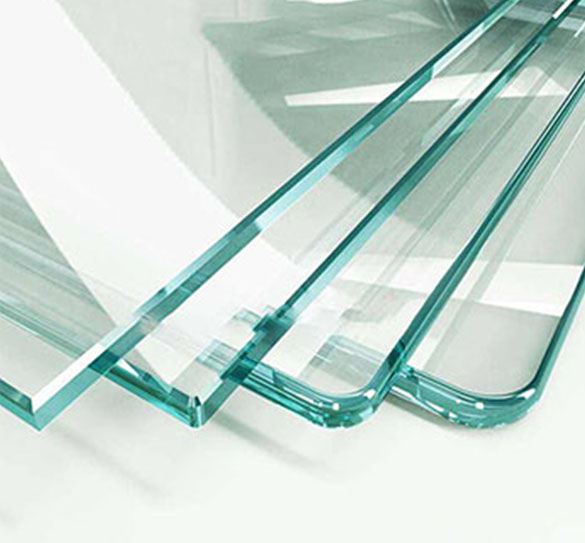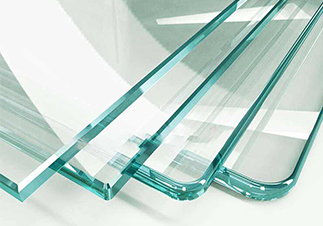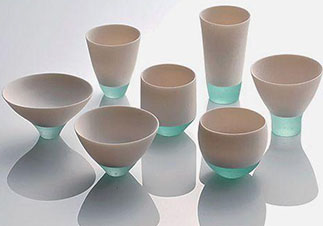
Sodium feldspar can provide Na2O as flux, Al2O3 and CaO as stabilizer sources, lowering the melting temperature and improving transparency and strength.



Call Anytime:
+86 15837207537Send E-mail:
info@lsakminerals.com





Whether you have questions or you would just like to say hello,Contact us!
Call Anytime:
+86 15837207537Send E-mail:
info@lsakminerals.comAddress:
Anyang City , Henan Province, China.